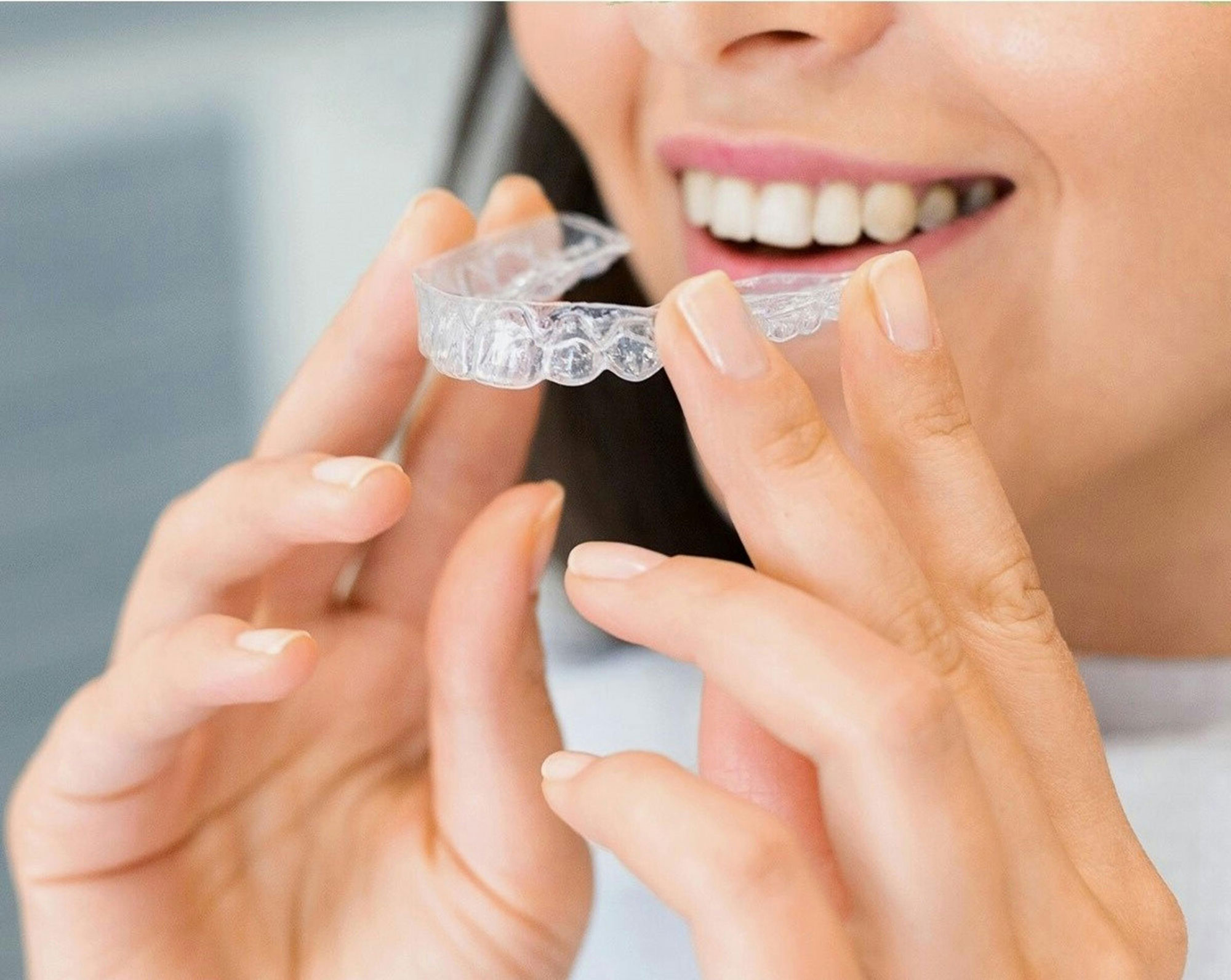BPA Free Ceramic Dental Fillings
- What is BPA?
- BPA in dental materials
- How is BPA released from dental materials?
- Risks of BPA to the human body
- Biological dentist’s approach to BPA
BPA in Dental Materials
Dental materials may contain harmful substances, with Bisphenol-A (BPA) being a notable example. BPA, used in various dental products like sealants and resins, has sparked debate. While manufacturers assert that dental composites do not release BPA at normal temperatures, critics argue that the ester bonds in these resins can undergo hydrolysis, potentially releasing BPA. Research has shown that dental sealants can vary in BPA leakage, but comprehensive studies on major composite brands are lacking.
What is BPA?
Bisphenol-A (BPA), or commonly called Bis-GMA, is a component in plastics, has raised significant concerns due to its hormone-mimicking properties. This concern extends to dental composites, as many contain BPA.
How is BPA released from dental materials?
A 2008 study by the IAOMT reported low-level BPA leaching from dental composites. These levels were significantly lower than the average daily exposure in industrialized countries. However, the study was preliminary and inconclusive.
BPA release from dental composites typically requires high temperatures – several hundred degrees. However, there is a possibility of BPA release through hydrolysis at lower temperatures. The exact conditions under which BPA is released in measurable quantities remain a subject of research and debate.
Risk of BPA to the human body
BPA is known for its potential endocrine-disrupting effects. Even at low doses, there are concerns that BPA might contribute to developmental issues and increased susceptibility to certain diseases. The standard toxicological model may not accurately predict the impact of these low-dose exposures, leading to ongoing debates about safety thresholds.
Biological Dentists' Approach to BPA
In response to the concerns of risks associated with BPA release to the body, biological dentists are increasingly using BPA-free materials. A popular alternative is 100% ceramic composites, which offer a safer option without the risks associated with BPA. These materials yield greater strength, purity without hazardous chemicals, and durability for long-lasting dental restorations.
While the dental industry grapples with the implications of BPA in composites, the shift towards BPA-free alternatives reflects a growing concern for patient safety and well-being. As research continues, it becomes increasingly important for patients to be aware of the materials used in their dental treatments and to consult with their dentists about safer alternatives.
To learn more about what sets a biological dentist apart from a conventional dentist, please visit our blog, What is the difference between a biological dentist and a regular dentist?
At Seattle Dental Care, our team of dedicated naturopathic dentists will ensure that you receive personalized holistic dental care using simple, nontoxic, natural dental materials that is BPA free, mercury free, and toxin free. If you are ready to experience the best biological dentistry, using ozone therapy as part of the standard care, please contact biological dentist Seattle at (206) 28-1330 or visit us at 2107 Elliott Ave Ste 210, Seattle, WA 98121. We will be happy to help you with your dental needs.
MON - SUN 8:00 am - 5:00 pm
2107 Elliott Ave Ste 210,
Seattle, WA
Phone : (206) 728-1330Text Us : (206) 728-1330





